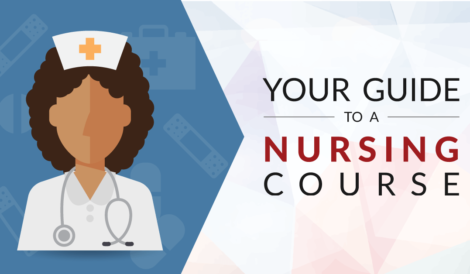The Essential Role of Midwifery and Obstetrical Nursing in Maternal and Neonatal Care
Introduction
Midwifery and obstetrical nursing are vital components of healthcare that focus on ensuring the well-being of both mother and child during pregnancy, childbirth, and the postpartum period. These specialized areas of nursing require not only technical expertise but also compassionate care, as they play a crucial role in safeguarding maternal and neonatal health. This article explores the importance, roles, and skills involved in midwifery and obstetrical nursing.
The Role of Midwifery in Healthcare
Midwives are professionals trained to manage normal pregnancies and births. Their role extends from antenatal care through labor and delivery to postnatal care. The primary focus is on promoting natural childbirth while ensuring the safety and comfort of both mother and baby. Midwives provide comprehensive support, including health education, nutritional advice, and emotional support, helping expectant mothers make informed decisions about their birthing plans.
Midwives work collaboratively with obstetricians, pediatricians, and other healthcare professionals to ensure that any complications are addressed promptly. In many cases, they are the first point of contact for women during pregnancy, offering routine check-ups, monitoring fetal development, and identifying potential risks early.
Skills and Competencies in Midwifery and Obstetrical Nursing
Professionals in midwifery and obstetrical nursing require a blend of technical, clinical, and interpersonal skills. These include:
- Monitoring and Assessment: Proficiency in using medical equipment to monitor fetal heart rates, contractions, and maternal health indicators.
- Communication and Counseling: Providing emotional support, education, and guidance to mothers and families throughout the childbirth process.
- Emergency Management: Responding quickly to complications such as hemorrhage, fetal distress, or preeclampsia.
- Cultural Competence: Offering care that is respectful of the cultural, social, and personal values of each mother.
The Importance of Continuous Training and Education
Given the rapid advancements in healthcare and changes in childbirth practices. And continuous training is essential for professionals in midwifery and obstetrical nursing. This includes staying updated on the latest guidelines, technologies, and techniques to provide the highest standard of care.
Conclusion
Midwifery and obstetrical nursing are crucial to maternal and neonatal health, ensuring safe and positive childbirth experiences. These professionals not only provide essential clinical care but also offer compassionate support during one of the most significant events in a woman’s life. Through a combination of expertise, empathy, and continuous learning, midwives and obstetrical nurses play a pivotal role in improving health outcomes for mothers and their newborns.




